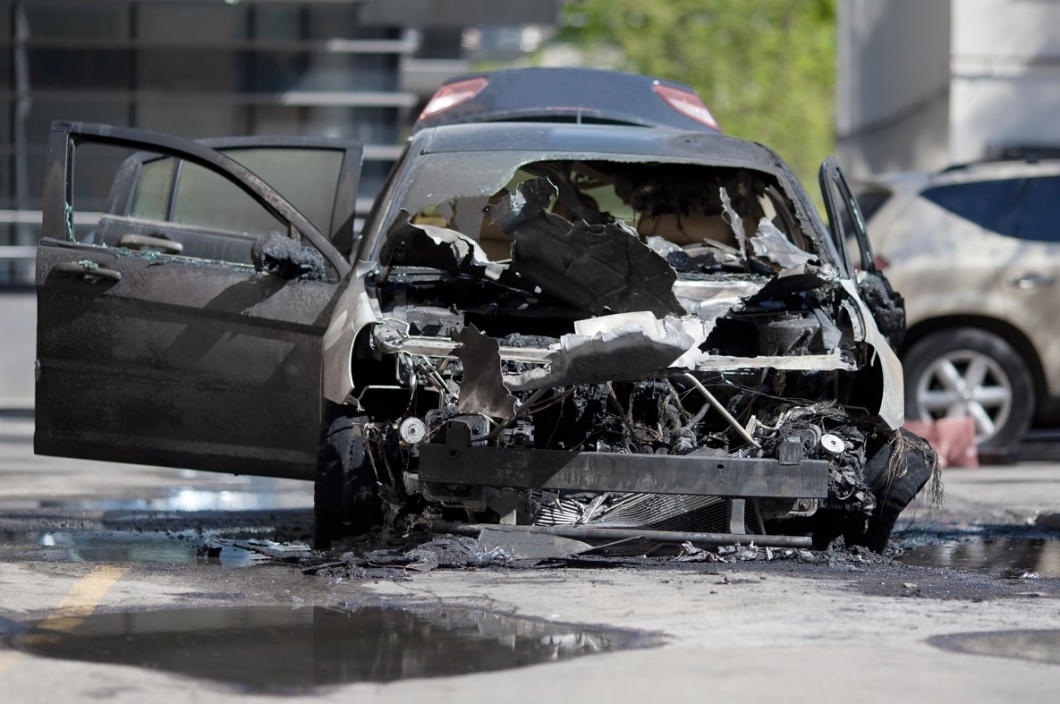Being in a car accident can be terrifying, but it also leaves your body in an extremely vulnerable state. In the moments immediately following impact, you need to focus on getting yourself out of harm’s way and away from the crash site as quickly as possible. Depending on the circumstances of the accident and its severity, you could find that your body is put under significant stress during the recovery process. Every car accident is different, so there’s no universal set of circumstances that apply to every victim. However, we can take a closer look at what happens to your body after being involved in a collision to gain some insight into how you should deal with these difficulties moving forward.
Disorientation
The human body is incredibly resilient and can withstand a lot of punishment, but you can expect to experience some disorientation after an accident. This disorientation can be a loss of time or a loss of memory of what you were doing or where you were going when you got in the accident. Sometimes this disorientation only takes a few moments, however, it can also last a few hours, depending on the severity of the accident and whether or not you were wearing a seatbelt. You could have experienced severe whiplash and shaking of the head. If you were wearing your seatbelt during the accident, it may have held you back from hitting your head, but you could still be feeling the effects of the impact. This will likely cause a level of disorientation as you try to reorient your thoughts, making it important for you to try to remain calm and focused on what’s happening.
Loss of Consciousness
It’s not uncommon for accident victims to experience temporary loss of consciousness during the event. This could happen due to impact or due to the release of certain chemicals that are designed to help you deal with serious trauma. In some cases, people may experience an extended period of unconsciousness that requires medical attention. Though it may be more likely if you lose consciousness due to physical injury, stress, and lack of oxygen can also cause you to lose consciousness. In cases where the victim goes undiagnosed or is not treated properly, it could lead to serious complications and long-term health issues.
Muscle Pain
In the moments after a car accident, your body will be experiencing a huge amount of trauma. It can result in serious muscle damage, which can have a negative impact on your overall health and well-being. This could lead to significant pain in your upper and lower back, as well as pain in your abdominal area. In some cases, it could lead to bleeding in your muscles, which can cause additional pain and discomfort. Because this could lead to long-term injury and pain, you may want to contact Ruiz Law Firm to speak to an attorney about your case.
Short-Term Memory Loss
The impact of a collision can also result in short-term memory loss that may make it difficult to remember what happened during the accident. This is often caused by a combination of disorientation and impact that resulted in brain injury. In some cases, it could be the result of a serious concussion, which could have long-term side effects that are hard to predict. It’s important that you get checked out by a doctor after an accident to make sure there’s no lasting damage. If you experience short-term memory loss as a result of an accident, it’s important that you do your best to document what happened. Take photos of the accident scene, write down exactly what happened, and try to keep track of your progress as you heal. This can help minimize the impact of the memory loss when it comes to the accident and your claim.
Cognitive Impairment
The impact of a collision and the force of the crash can result in cognitive impairment, which causes a range of short-term difficulties that can make it hard to adjust to everyday life. People who experience cognitive impairment as a result of an accident often report feeling like they’re in a fog, struggling to think straight, and feeling confused and disoriented. While this may fade away with time, it could also develop into a more serious long-term issue if it’s not treated properly. It can be difficult to get a clear diagnosis or to know whether or not you should seek treatment. It’s important that you regularly attend medical appointments and check-in with your doctor to monitor your progress. Cognitive impairment can be treated with medication, and it’s important that you work with your doctor to find the right dosage and treatment plan. It’s also a good idea to try to reduce your stress levels and to get plenty of rest.
Healing Takes Time
After a car accident, your body is under significant stress as it struggles to heal from the trauma. It’s important to monitor your progress and to seek help if you feel like you’re struggling with any issues that are lasting longer than expected. With the right treatment and support, you should be able to heal from the accident and get back to your normal life as quickly as possible. It’s important to be patient with the process and not to rush it. There’s no set timeline for how long it takes to heal after an accident, but you should feel better each day.

